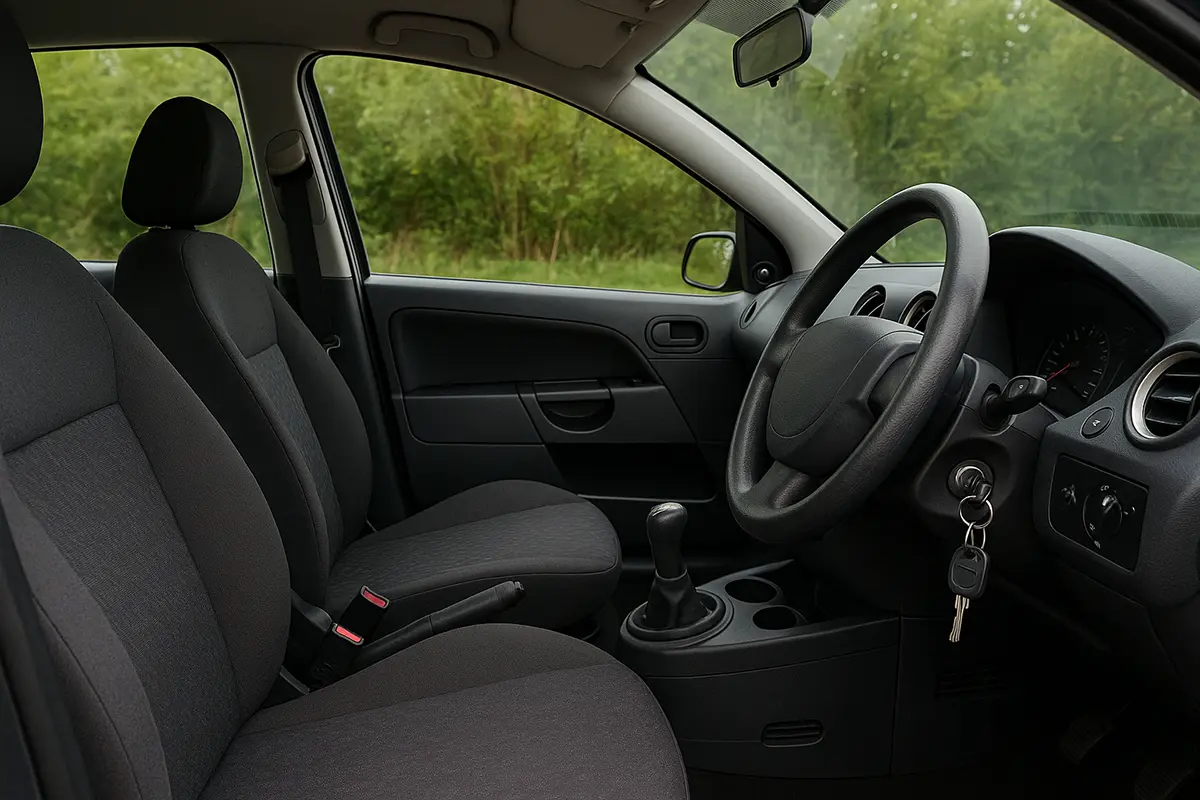The Key Mistakes Every Driver Should Avoid

We’ve all probably heard stories about people paying their premiums for years, only to find their insurer won’t pay out when it matters most.
While it’s easy to think this is all terribly unfair, there are some common mistakes and, deliberate mistakes, that some drivers make that can invalidate their vehicle insurance.
Knowing what these are, and avoiding them, is the best way to protect yourself from an unpleasant surprise should you need to make a claim.
So, here are some of the main reasons UK insurers may refuse, reduce, or void a claim:
1. False Statements or Non-Disclosure
Honesty is critical when it comes to most things, especially insurance! If you fail to disclose previous accidents, driving convictions, or how you really use your vehicle, insurers may reasonably argue that they were misled about your level of risk.
Even small inaccuracies can lead to problems later.For example, not mentioning a past speeding conviction, using your vehicle for work when you’ve declared it for “social use only,” or registering your vehicle at an incorrect address could all potentially lead to a claim being thrown out.
2. Incorrect Vehicle Usage Description
When you buy a policy, you’ll be asked how you use your vehicle... social, commuting, or business. If you drive to work but only selected “social use,” your cover could be invalidated.
For example, driving daily to the office or doing delivery work without the correct policy upgrade could land you in trouble.
3. “Fronting”
This common form of insurance fraud occurs when the person who drives the vehicle most often is not listed as the main driver, usually to reduce premiums.
Insurers take this very seriously and may cancel policies altogether. Be honest, paying a little more is far better than having a claim rejected!
4. Undeclared Vehicle Modifications
Even seemingly minor vehicle modifications, such as tinted windows or new alloys, must be declared. Insurers need to know about any change from the manufacturer’s standard specification that might alter the vehicle’s risk profile.
5. Not Disclosing Convictions or Penalty Points
If you collect penalty points during your policy term, you’re obliged to tell your insurer, even if the points are pending. Failure to do so may mean your insurance is void when you make a claim.
6. Wrong or Misleading Occupation Details
Your job title also affects how insurers calculate risk. If you misrepresent it or fail to update your insurer when you change jobs, it could be classed as misrepresentation.
We’ve probably all heard that it’s better to be a marketing executive, for example, than a PR manager, but be honest... you know your job title, so don’t change it to save a few pounds!
A change of job could also affect your annual mileage if you use your vehicle to commute to work and you may need to update this detail with your insurer too.
7. Incorrect Mileage Estimates
Mileage can play an important part when it comes to your overall premium, but substantially underestimating your usage can lead to refused claims.
So declaring 5,000 miles a year but regularly driving 12,000+ is not on, and it’s not difficult to check.
8. Failing to Take Reasonable Care
Insurers expect drivers to act responsibly, especially in adverse weather conditions. If an accident occurs because you didn’t clear snow or ice from your vehicle, they may decline the claim.
9. Leaving Your Vehicle Insecure
Leaving your vehicle unlocked, windows open, or keys inside could all be considered negligence. If it results in theft, your insurer may refuse to pay your claim.
Why It Matters
Every insurer has slightly different terms and conditions, but most will apply these rules strictly. Sometimes this won’t invalidate the whole policy but could reduce or invalidate a payout.
In some cases (such as fraud), it can mean your policy is cancelled entirely, making future insurance more expensive or difficult to obtain.
So, always be honest, accurate, and careful when buying, updating, and using your vehicle insurance. It’s far better to pay a slightly higher premium for the right cover than risk having it invalidated.








